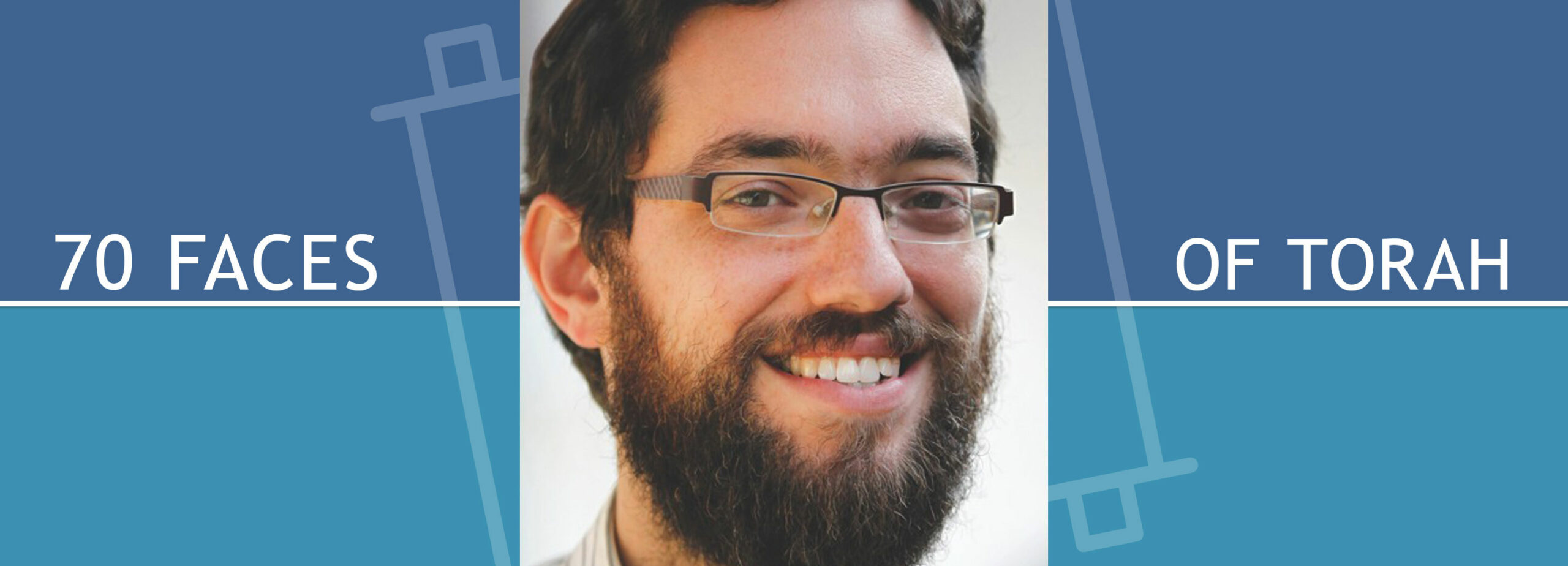Numbers Playing with Fire

Parashat Korach (Numbers 16:1–18:32)
In the year 2021, the story of Korah’s rebellion—a narrative that composes most of this week’s parashah—hits a bit too close to home. It is a tale of populist rebellion against those sitting in authority, a story that ends with graphic violence and national calamity.
Though the Torah’s telling of the event is ambiguous, this much is clear: several named figures—including Korah, Dasan, and Aviram—attempt a coup against the political leadership of Moses, and the ritual leadership of Aaron, the high priest. Along with these named leaders, the Torah tells us also of 250 Israelites, “leaders of the community, chosen from the assembly (keri’ei mo‘eid), people of repute [literally, ‘people of name’]” (Numbers 16:2). These leaders “rose up before Moses . . . gathering against Moses and Aaron, saying to them, ‘You have taken too much . . . Why are you lording over God’s people?’” (Numbers 16:3).
It would be easy to dismiss this riotous uprising as a bad faith power grab—and, in the case of its leaders, that indeed appears to be the Torah’s message. Matters are more complicated, however, in the case of the 250 Israelites who follow Korah, Dasan, and Aviram into this revolt. The Torah describes them as “people of name.” Rabbi Naftali Tzvi Yehudah Berlin—commonly referred to by an acronym for his name, “the Netziv”—points to the implication of the epithet: the book of Ecclesiastes says that a “[good] name is better than good oil” (Ecc 7:1). The “name” these Israelites carry is not neutral; to be a “person of name” means to be a person of substance, a person who, in the Netziv’s understanding, wants to do the will of God. So how could such noble individuals get caught up in this heinous act of treason?
It might be tempting to say that they were duped, convinced that Aaron and Moses were truly a threat to the well-being of the community. Here too, however, the Netziv points us to the Torah’s description of these people as implying otherwise: the 250 participants in the revolt are referred to as “leaders of the people, chosen from the assembly.” If they were indeed leaders, the Netziv points out, then they would know from experience that leadership requires a certain amount of gravitas and even, at times, separation from the masses. Perhaps Aaron and Moses did take on a certain amount of authority, but no more than was needed to fill their roles as leaders of the people; as communal leaders themselves, the 250 would have recognized this.
Moreover, the phrase translated above as “chosen from the assembly” is, in the Hebrew, ambiguous. The Hebrew words keri’ei mo‘eid sound, literally, something like “those called [by/for] the set time/appointment.” The Netziv reads this clunky phrase to mean that they were present in important meetings. To paraphrase Hamilton, they were “in the room where it happens.” They witnessed the leadership of Aaron and Moses firsthand. They would know that Moses and Aaron were not themselves power-hungry budding autocrats, but rather, committed public servants doing what was necessary—and no more.
So what happened to these 250 confused souls? They were not fundamentally duplicitous, so they were presumably not lying merely in order to achieve personal goals. And they were insiders, so they were not misled with false information.
The Netziv says that this simply highlights the danger of mahlokes, a word we usually translate as “debate,” but which in this context must mean something more like division and contention. In the Netziv’s formulation, mahlokes is like fire: once a spark is lit, the fire grows and consumes both that which should be consumed, but also things that we never intended to set aflame. So too, once mahlokes has been lit, its flames envelop both those already primed to cause trouble, but also those who are “leaders of the community, chosen from the assembly, people of repute.” The whole point of this part of the story, the Netziv tells us, is that the 250 who joined Korah’s rebellion were not fundamentally wicked. That doesn’t exonerate them; rather, it makes clear the awful destructiveness of reckless attacks on leadership.
That is not to say that there is never a place for mahlokes. Says the Netziv, where the nation’s leader has engaged in “clear transgression,” debate, even division, is not only permissible, it’s essential—it’s a mitzvah. There are times when we must call out those in power, charging them with putting their own interests and ego ahead of the common good. That truism does not mitigate the fact that doing so—even when justified, let alone when not—is also dangerous. Even well-intentioned, well-informed leaders can get swept up in the unleashed fire of challenges to authority. And all the more so those, like Korah, who act neither from good intent nor with full knowledge, but rather light the match to watch the destruction ensue, hoping that they will somehow come out on top when the inferno goes out.
May we all merit to have the courage to call out corruption where it truly exists; the wisdom to know the difference between appropriate leadership and arrogant self-aggrandizement; and the care and self-control to never get caught up in the fiery emotions of a demagogue’s revolt.
Rabbi Micha’el Rosenberg is an Associate Professor of Rabbinics at Hebrew College in Newton Centre, MA.

